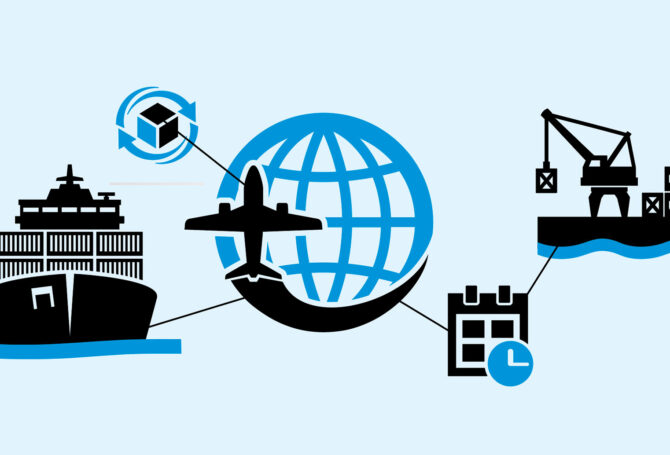
Under the barrage of “big” news about impeachment, peace plans and presidential polls, it is easy to overlook an important award related to integrity in communications and community engagement.
Kathleen Hall Jamieson, a professor at the University of Pennsylvania’s Annenberg School for Communication, will receive the prestigious Public Welfare Medal on April 26 from the National Academy of Sciences for her “non-partisan crusade to ensure the integrity of facts in public discourse and development of the science of scientific communication to promote public understanding of complex issues.”
“Throughout her long and exemplary career, Kathleen Hall Jamieson has worked tirelessly to bring science, evidence and facts to the forefront of our public and political spheres,” said Susan Wessler, home secretary of the National Academy of Sciences and chair of the selection committee for the award. “Her work is strengthening the foundation of an important cornerstone of our democracy – an informed citizenry that is better able to discern fact from fiction.”
“In an age when misinformation, spin and confusion about whom to trust threatens our very democracy, [Professor] Jamieson’s nonpartisan, evidence-based approach to science communication and political analysis is an invaluable national treasure,” said National Academy of Sciences President Marcia McNutt. “Her scholarship has been essential to elevating our public discourse and boosting the integrity of science communication.”
The Annenberg Public Policy Center (APPC), which Jamieson co-founded in 1993, focuses on the “science of science communication” and has examined communications related to climate change, vaccinations and genetically modified organisms that have become entangled in public controversy over facts.

In 2003, Jamieson co-founded the award-winning FactCheck.org, which seeks to be a “consumer advocate” to unmask deception and confusion on scientific issues embroiled in political debates. In 2015, the website was expanded to include SciCheck, which has attracted more than 5 million page views and is widely cited as a reliable scientific reference.
Jamieson has authored or co-authored numerous books, including “Cyberwar: How Russian Hackers and Trolls Elect a President.” She also wrote a book exploring the “double-bind” for women leaders, a false-narrative stereotype that women can’t be competent and caring at the same time.
The award will be presented at the Academy’s 157th annual meeting. Recent award recipients include Bill and Melinda Gates, Neil deGrasse Tyson, Jane Lubchenco and Alan Alda. Earlier award winners include Carl Sagan (1994), C. Everett Koop (1990) and David Packard (1989).
The first award was given jointly in 1914 to George W. Geothals and William C. Gorgas for their work on building the Panama Canal. Geothais was the canal project’s chief engineer, which was completed two years ahead of schedule. Gorgas was the chief sanitary office whose job was to prevent the spread of yellow fever and malaria at the construction site.
The second award-winner in 1916 was Gifford Pinchot, a forester who led the movement to conserve natural resources in the United States. A friend of Theodore Roosevelt, Pinchot was instrumental in creation of the US Forest Service and protecting federal lands from private development.
The National Academy of Sciences is a private, nonprofit institution established under a congressional charter signed by President Abraham Lincoln in 1863. It recognizes achievement in science by election to membership. Along with the National Academy of Engineering and the National Academy of Medicine, it provides science, technology and health policy advice to the federal government and other organizations.



